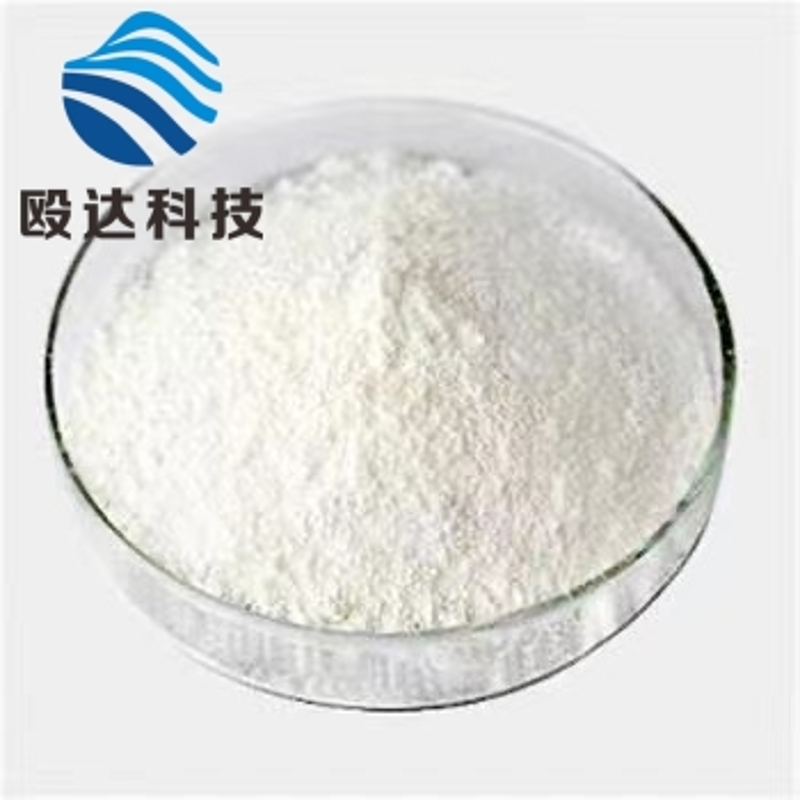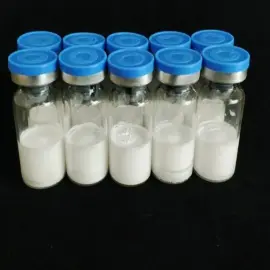-
Categories
-
Pharmaceutical Intermediates
-
Active Pharmaceutical Ingredients
-
Food Additives
- Industrial Coatings
- Agrochemicals
- Dyes and Pigments
- Surfactant
- Flavors and Fragrances
- Chemical Reagents
- Catalyst and Auxiliary
- Natural Products
- Inorganic Chemistry
-
Organic Chemistry
-
Biochemical Engineering
- Analytical Chemistry
-
Cosmetic Ingredient
- Water Treatment Chemical
-
Pharmaceutical Intermediates
Promotion
ECHEMI Mall
Wholesale
Weekly Price
Exhibition
News
-
Trade Service
Ledipasvir Intermediate: Safety in the Chemical Industry
Ledipasvir intermediate is a pharmaceutical compound that is used in the production of antiviral drugs.
It is a crucial component in the treatment of viral infections such as hepatitis B and C.
The chemical industry is responsible for the production of a wide range of chemicals and compounds, including ledipasvir intermediate.
However, the production and use of such chemicals can raise concerns about safety and the potential risks associated with their handling.
This article will explore the safety measures that are in place to ensure the safe production and use of ledipasvir intermediate in the chemical industry.
- The Role of Regulatory Agencies in Ensuring Safety
The safety of ledipasvir intermediate is of utmost importance, and regulatory agencies play a crucial role in ensuring that the chemical is produced and used safely.
In the United States, the Food and Drug Administration (FDA) is responsible for monitoring the safety of pharmaceutical compounds such as ledipasvir intermediate.
The FDA conducts extensive testing and monitoring of the production process to ensure that the compound is produced to the highest standards of quality and safety.
In addition to the FDA, other regulatory agencies such as the Environmental Protection Agency (EPA) and the Occupational Safety and Health Administration (OSHA) also play a role in ensuring the safety of the production and use of ledipasvir intermediate.
The EPA regulates the disposal and release of chemicals into the environment, while OSHA sets standards for worker safety in the handling and production of chemicals.
- Safety Measures in the Production Process
Safety measures are in place to ensure that the production of ledipasvir intermediate is carried out safely.
The production process involves several steps, each of which is designed to minimize the risk of exposure to the compound.
Workers who handle the compound are required to wear protective gear such as gloves, goggles, and masks to prevent exposure.
The production facilities are also designed with safety in mind.
The facilities are equipped with ventilation systems that remove any fumes or vapors that may be generated during the production process.
In addition, the facilities are designed to prevent any spills or leaks that could result in exposure to the compound.
- Training and Education of Workers
Workers who handle ledipasvir intermediate are required to undergo extensive training and education to ensure that they understand the risks associated with the compound and know how to handle it safely.
The training includes instruction on the proper handling and storage of the compound, as well as safety procedures in case of accidents or emergencies.
In addition to the training, workers are also required to undergo regular health evaluations to ensure that they are not adversely affected by the compound.
The evaluations include monitoring of the worker's health, as well as monitoring of the worker's exposure to the compound.
- Disposal of Ledipasvir Intermediate
The disposal of ledipasvir intermediate is also regulated to ensure that it is disposed of safely and does not pose a risk to the environment.
The compound is classified as a hazardous waste and must be disposed of in accordance with environmental regulations.
The disposal process involves the safe transport and storage of the compound before it is treated or disposed of.
- Conclusion
Ledipasvir intermediate is a crucial component in the production of antiviral drugs, and its safety is of utmost importance.
Regulatory agencies, such as the FDA, play a crucial role in ensuring that the compound is produced and used safely.
Safety measures are in place throughout the production process to minimize the risk of exposure to the compound.
In addition, workers who handle the compound are required to undergo extensive training and education and regular health evaluations to ensure their safety.
The disposal of ledipasvir intermediate is also regulated to ensure that it is disposed of safely and does not pose a risk to the environment.
Overall, the production and use of ledipasvir intermediate in the chemical industry is carried out safely, and every effort is made to minimize the risk to workers and the environment.







